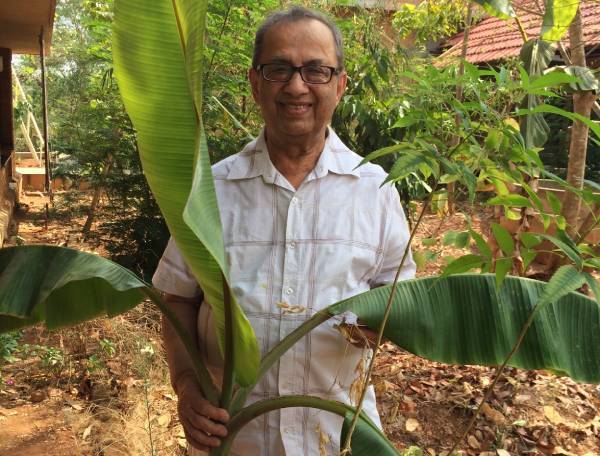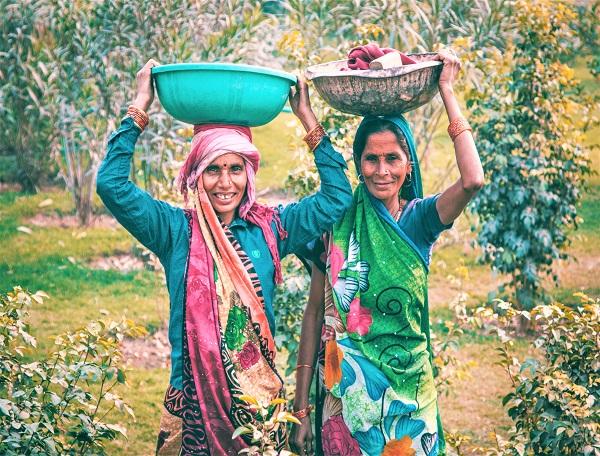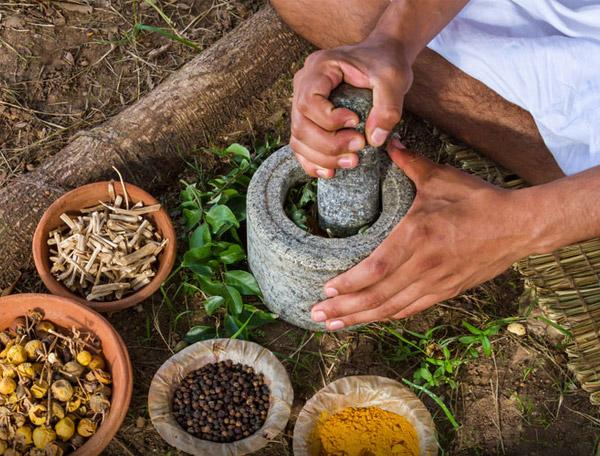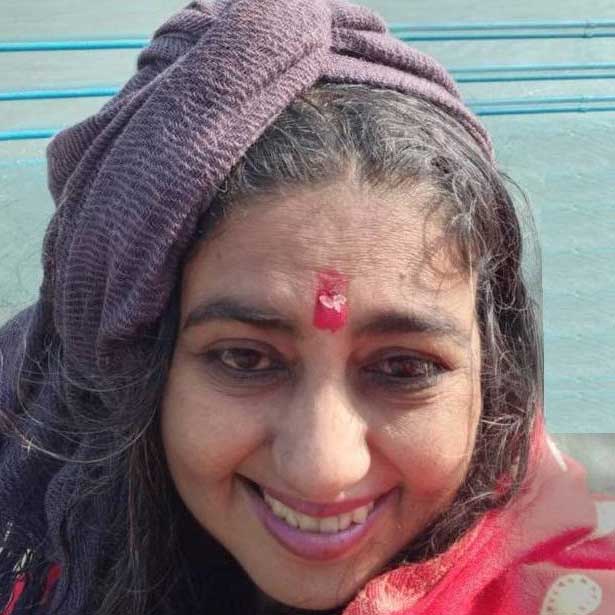Our Story
Stree is an organisation with a vision towards women’s empowerment and protecting Mother Earth. “Stree” means ‘Woman’ in Sanskrit, the most ancient language of the world today.Founded by Renu Gulati, a UK lawyer and Ayurveda practitioner based in Rishikesh. Renu has always been intrigued by natural living since she was a child. She healed herself from amoebic dysentery when she was 18 with carrot soup and avoided the use of prescribed medicines. She used to collect beads and make her jewelry from the bead shop at deals yard, Covent Garden in London. She was fascinated by all things natural and handmade.
At that time the word sustainability was not in use, however when we take a look at Ayurveda, a 5000-year holistic healing science. We see that it is based on ahimsa or non-violence. So the natural and sustainable life seems to have been around for time immemorial in every culture across the globe.





